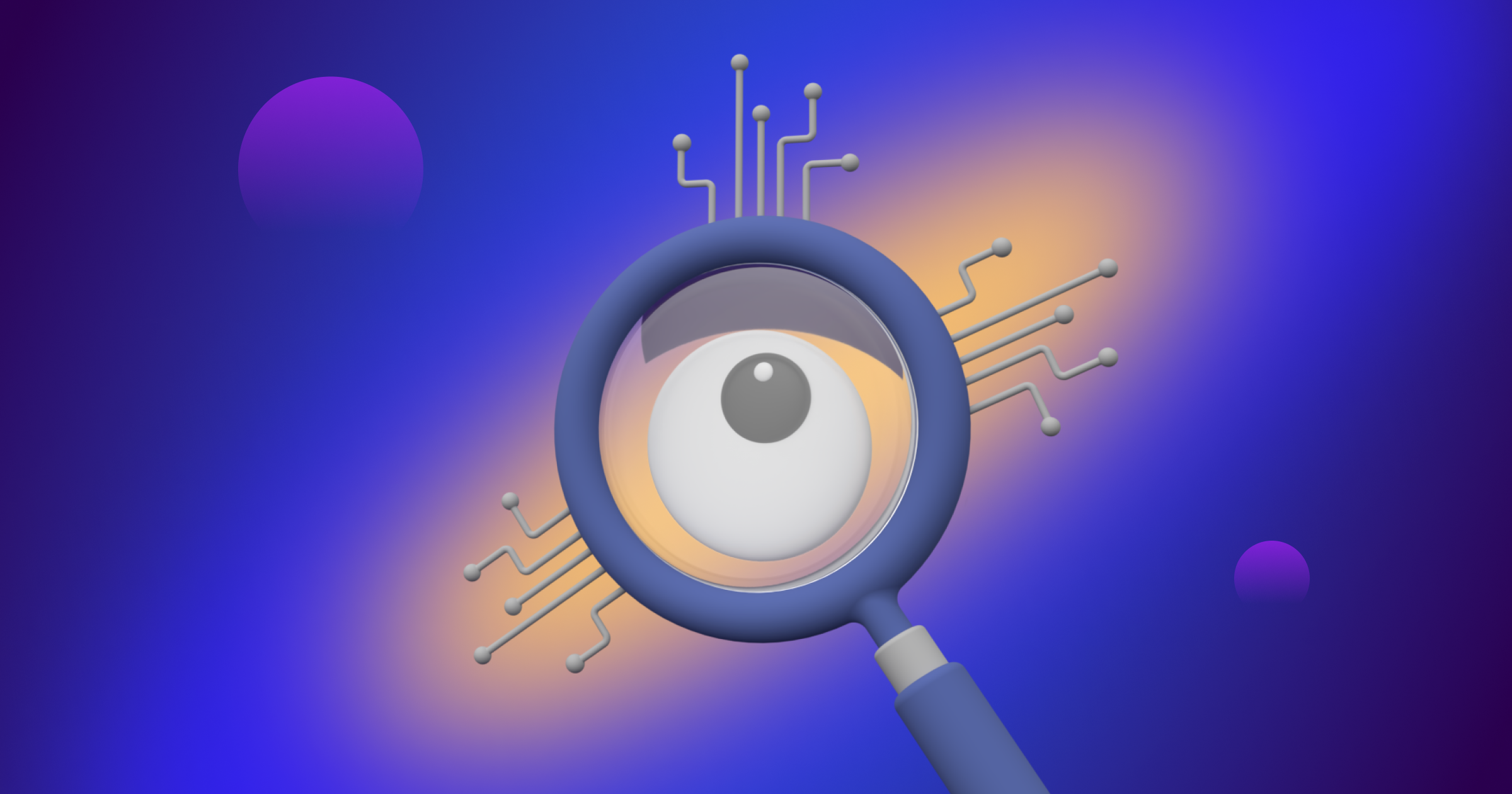Web5 Will Expose Data Hungry Companies
 Ryan S. Gladwin
Ryan S. Gladwin
Former Twitter CEO, Jack Dorsey, announced that his business, TBD, will be embarking on creating web5 — an extra decentralized web platform.
The next generation of the web will lay heavy stress on identity and personal data, thus exposing the companies that only want our data for their own personal gain.
Jack Dorsey said, "this will likely be our most important contribution to the internet. proud of the team."
First Off, What Is Web5?
Most people are familiar with the first three iterations of the web. If you're not, here is a quick recap: Web1: Static and basic web pages Web2: Social media, dynamic content, and targeted advertising Web3: Built on the blockchain, digital ownership, and run by DAOs
Web5 is like web3 but on steroids. A key ethos in the web3 space was decentralization, owning your data, and a consumer-first mentality.
At first glance, you may think that these are the exact same ideologies as web5… and I'd agree with you.
This next evolution will take a web3 concept in decentralized identifiers (DIDs), and use it as a core principle.
Alongside decentralized web nodes, as well as self-sovereign identity service, and SDK. Oh yeah, and it'll use Bitcoin.
It seems a lot of the differences between web3 and web5 are architectural, and in reality, they share more similarities than differences.
The main difference that I see for the layman is that apparently, there will be no tokens for people to use to invest in the space — no 10x gains for early web5 adopters then.
However, I want to focus on the key role DIDs will play in the evolution of the internet. Web5 promises to make this the centerpiece of modern society, and I think that'll help us fight the war of data ownership we’re currently in.
How Will DIDs Work?
Decentralized identities are an identity and access management (IAM) tool that will allow individuals to have control of their data.
Your DID would hold the information to your name, email address, birth certificate, degrees, and more.
Just like with crypto, your DID will be held in a digital wallet that’s accessed using a set of keys, and your information will be stored on a distributed network of computers (or blockchain).
The immediate benefit of this is that it helps prevent fraud, as parts of your DID are impossible to fake or steal.
Such as, if you graduate from university, you’ll send your wallet address to your school before they sign it with their private key.
This is verifiable proof that you actually achieved the grade(s) you claim.
When you apply to a job, you can simply allow them access to see this credential and, boom, they know you have a degree.
We've covered DIDs in more detail here.

Owning Your Data
However, it doesn't stop there. Web5 sees a future where DIDs will stop big corporations from being the leeches they currently are.
Companies like Facebook, for example, earn up to 670 GBP a year per individual selling data.
What does it even mean when a company sells your data? Good question.
Companies will purchase your data to make predictions about demographics that you’re a part of.
Such as, teenage boys in the US possibly being interested in the new Call of Duty game. This can end up being exploitative to the consumer and only beneficial to the company selling adverts.
Alternatively, companies can use your data to further their products by creating more content for these Call of Duty teenage boys or conducting research that helps the company better serve their users.
Currently, companies have free reign to do whatever they like with your data — for good or evil — all you can do is sit back and take it.

But, How Will DIDs Expose Data Hungry Companies?
Currently, only websites you've explicitly consented to or malicious data harvesting apps can sell your data.
Web5 and DIDs will enable a future where they aren't the data broker; instead, the individual owns their data and can consensually give it away (or take it back).
Imagine a world where instead of every site asking you to consent to their data farm as soon as you walk into the door, sites are asking to have access to your DID.
This suddenly becomes more invasive (although it’s already very invasive, we just don't recognize it), so you’ll want to know why they need your data.
The company is left with a dilemma: Do they just say they want your data to make more money from advertisements? Surely no one would say yes to that for free. Or maybe they’ll offer you money in exchange for your data.
Early this year, 1,000 UK Facebook users were asked how much they sell their data for. The average figure was 250 GBP — less than 40% of the revenue produced using their data. That still leaves 420 GBP of profit per user for Facebook.
Facebook is a notoriously controversial company when it comes to data, so it will be no surprise when it comes out ferociously against web5.
It’s likely that DIDs will expose the Facebook business model, and force users to consider other alternatives (possibly ones that don't farm our data or offer us money for it).
Alternatively, there’ll be companies that shine under the new model of sharing data. Products that previously hadn't been able to benefit from your data — possibly due to the price data brokers would charge for them.
Some products could improve with an intense understanding of their customers, but simply they simply don’t have data access at this moment in time.
Let's just dream for a second…
Imagine a club night that can access the listening history from Spotify, YouTube, etc. of everyone at the event to play songs that everyone knows.
An incredible DJ set could be created utilizing your data to create a great drunken night with strangers and friends.
Or, a hotel that’s given access to its guests' food preferences through their restaurant purchases, supermarket lists, etc. to bring together the perfect “welcome” meal. While playing your favorite tunes using the same data gathering method the club did.
It's clear that neither of these products is exploiting you while using your data. In fact, they’re improving your experience.
Conclusion
I want a world where I am in control of my data. Where I can utilize it in a way that enriches my life and pushes my life satisfaction to a new level. Currently, all it’s doing is helping me to impulse buy clothes.
Web5 is looking to make this a reality with its strong emphasis on DIDs being the future. It will create a world where the user has autonomy over their data. Choosing which companies are acting maliciously with their data and which ones are improving their online life.
Some would argue that giving your data to advertisers actually does improve your online experience.
As a 23-year-old cisgender man, I don't need to get tampon adverts, and allowing them to profile me using my data prevents me from being offered a product that doesn't apply to me.
So why not give them it for free, right? No! Data is the gold of the internet. Web5 may enable a future where we are no longer being robbed of our gold. Big tech's data gold rush could, finally, be coming to a close.
This article is a part of the Hashnode Web3 blog, where a team of curated writers are bringing out new resources to help you discover the universe of web3. Check us out for more on NFTs, DAOs, blockchains, and the decentralized future.
Subscribe to my newsletter
Read articles from Ryan S. Gladwin directly inside your inbox. Subscribe to the newsletter, and don't miss out.
Written by
